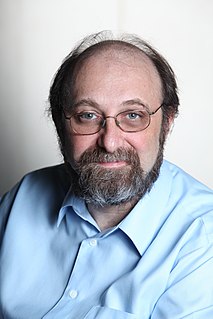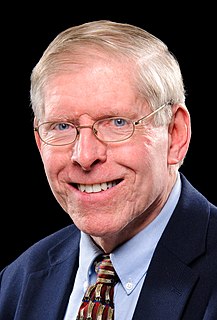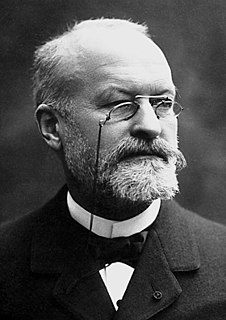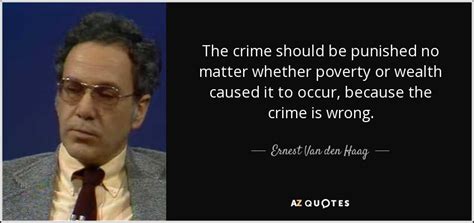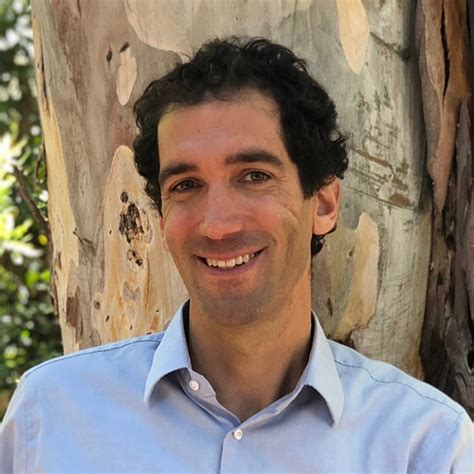A Quote by Bennet Omalu
I am a spiritual person. I'm a Catholic. I treat my patients, the dead patients, as live patients. I believe there is life after death. And I talk to my patients. I talk to them, not loudly but quietly in my heart when I look at them. Before I do an autopsy, I must have a visual contact with the face.
Related Quotes
The rhythm of music is very, very important for people with Parkinson's. But it's also very important with other sorts of patients, such as patients with Tourette's syndrome. Music helps them bring their impulses and tics under control. There is even a whole percussion orchestra made up exclusively of Tourette's patients.
But being able to talk to so many patients from so many walks of life gives a tremendous window into people's lives. This is not to say I want to write about individual patients, but I think that after listening to the concerns of people who are so different from me, I can more realistically portray characters who are so different from me.





